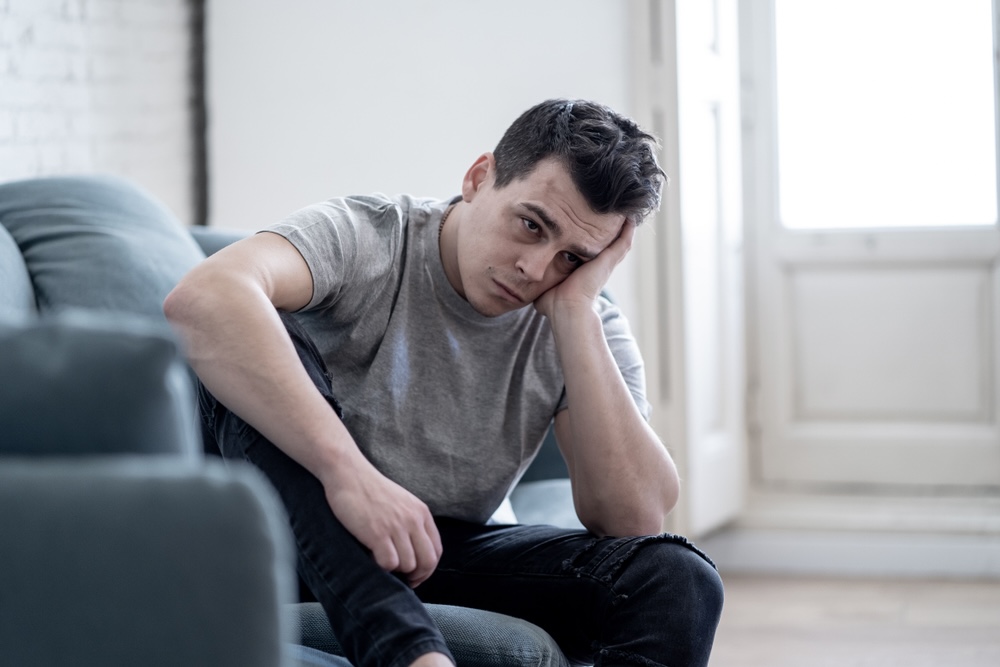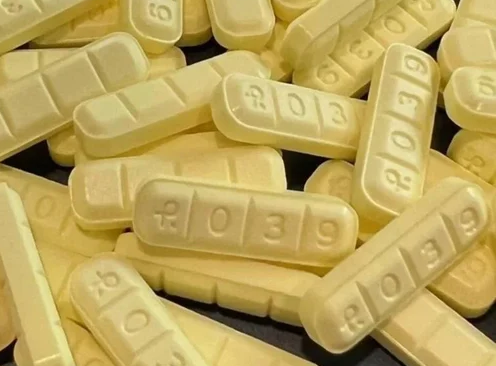It’s normal to feel worn out sometimes. Maybe you didn’t sleep well, or you’ve been running around without a break. Now, you’re worn out and dragging through the day. But what if it’s more than that? What if it’s not just being tired but something deeper, like depression? Many people in the United States can’t tell the difference right away, and that’s okay. The line can get blurry when you’re low on energy and don’t feel like yourself.
This blog will help you understand the difference between being tired and being depressed. You’ll learn about what tiredness feels like, what depression looks like, and how to figure out which one you’re dealing with. We’ll also share some tips on how to get help if depression might be the cause.
What is Tiredness?
Tiredness happens to everybody. It’s that sluggish feeling after you’ve had a long day, didn’t get enough sleep, or overdid it at work or home. It’s not unusual, and most of the time, rest can fix it. Sometimes, though, tiredness sticks around.
Maybe you’ve had trouble staying asleep or your energy hasn’t bounced back in weeks. Chronic issues like chronic fatigue syndrome or even certain medical conditions can cause you to feel tired all the time.
But the thing about being tired is that it doesn’t make you lose all interest in your daily activities. You still want to go to the movies, spend time with friends, or enjoy a meal, even if you wish you could take a nap first. Your energy dips, sure, but it doesn’t touch your emotional core the same way depression can.

What is Depression?
Depression is more than just having a bad day or week. It’s a mental health condition that affects how you feel, think, and live your life. It’s normal to feel sad now and then, but when sadness doesn’t go away, it might be depression.
Common symptoms of depression often include feeling down for most of the day, sleeping too much or too little, being irritable, and losing interest in things you used to love. It can even cause physical problems, like constant aches or a lack of energy.
Unlike everyday tiredness, depression digs deeper. It might feel like a weight pressing down on you, making even simple things like showering or eating feel impossible. If you’re struggling with symptoms similar to depression and they’re lasting for weeks, it might signal major depressive disorder.
For some people with depression, thoughts of hopelessness or even suicidal ideation can become serious concerns. It’s important to know this isn’t a weakness or personal failing. It’s a health issue that deserves care and attention.
How Do You Know If You’re Tired or Depressed?
Figuring out if you’re just feeling tired or if you’re developing depression can be tricky because they overlap. Both can make you feel drained, unfocused, or irritable. But the big difference is in how this impacts your life. If you feel tired, taking a day off or getting better sleep usually helps you recover. Depression, on the other hand, lingers even when you’ve tried to rest or care for yourself.
Ask yourself these questions:
- Do you still enjoy the things you used to love?
- Are your emotions more negative than normal, like feeling empty or hopeless?
- Have other areas of your life been affected, like work or relationships?
- Do you have unexplained physical issues, like ongoing pain or stomach problems?
- Has it been going on for two weeks or more?
- Do you still feel down even after having consecutive days of adequate rest?
Also, think about your sleep. A sleep problem like insomnia might leave you feeling exhausted but not emotionally weighed down. Depression, however, often disrupts your sleep along with how you feel. If your tiredness is paired with low moods, constant worry, or other symptoms of depression, it’s a sign to take a closer look.
Sometimes, other factors can play a role. Stress, diet, and additional mental health conditions like depression and anxiety can affect how you feel. Other illnesses, big life changes, or even hormonal shifts can mimic depression too. That’s why talking with a mental health professional is so important if you’re unsure. They can help figure out whether it’s depression or something else.

Best Online Depression Treatment
Tiredness happens to everyone, and a little rest is usually all you need to bounce back. But if you’re feeling stuck, like your tiredness is holding you hostage and it’s messing up your quality of life, depression could be the reason. The best way to know for sure is to tune in to how you’re feeling and ask for help when you need it. A professional can help with treatment options for depression, so you’re not facing it alone.
If you’re ready to take that step, Resurface Connect offers virtual support to help you get started. Whether it’s talking about your feelings, addressing a diagnosed depression, or finding ways to manage, you don’t have to face this alone. Reach out today and take the first step toward feeling better.





